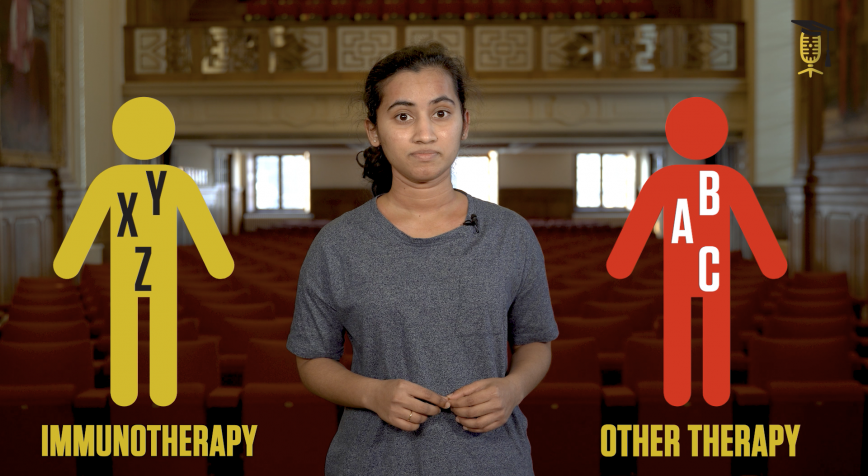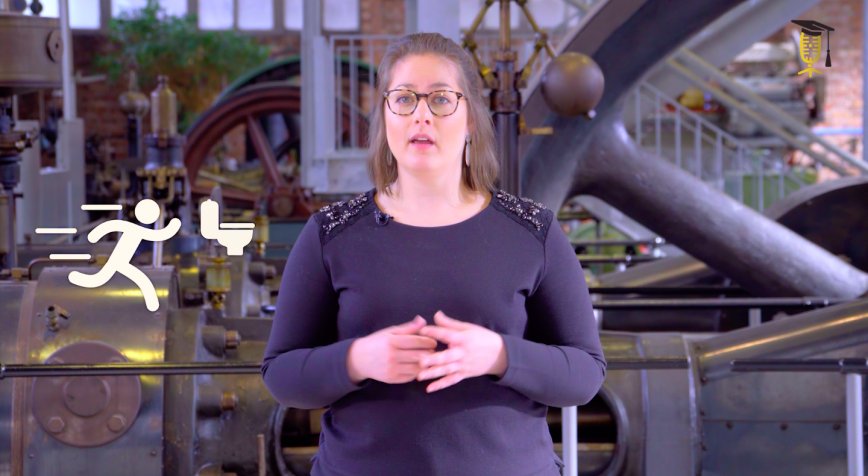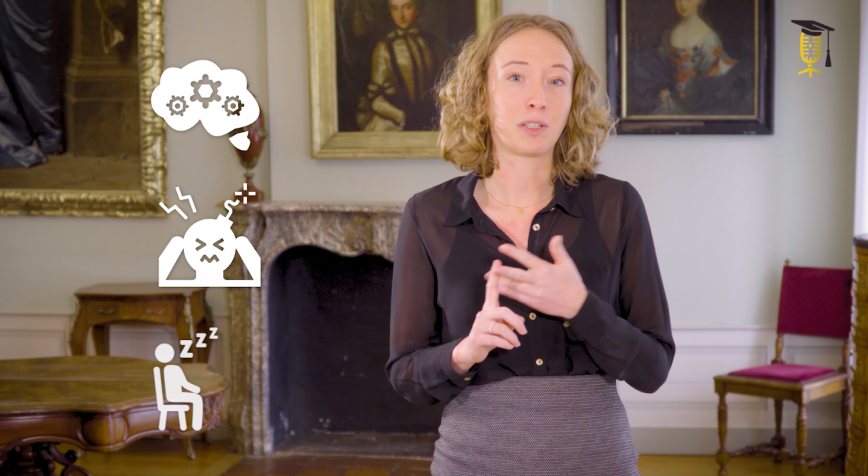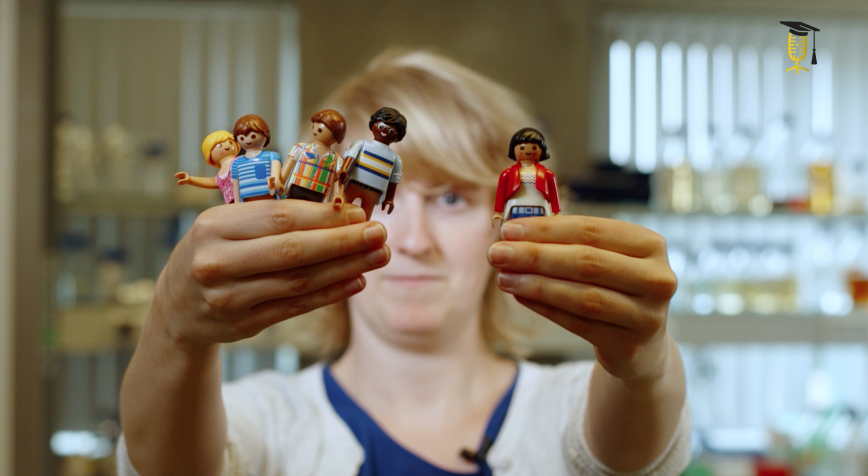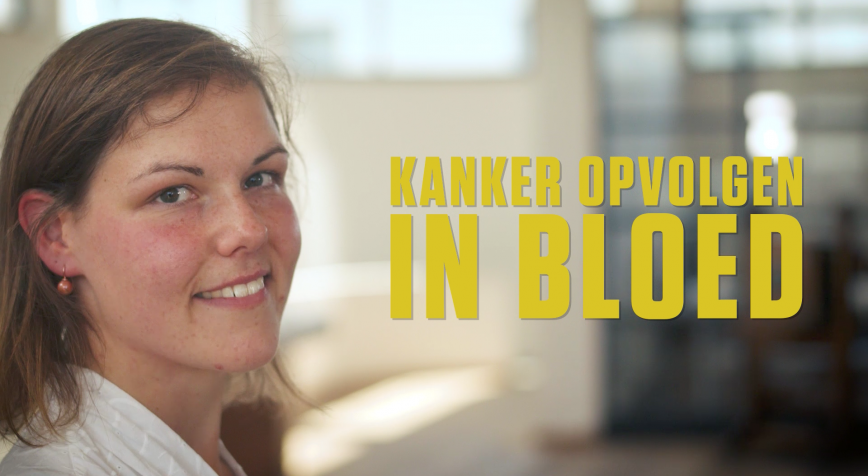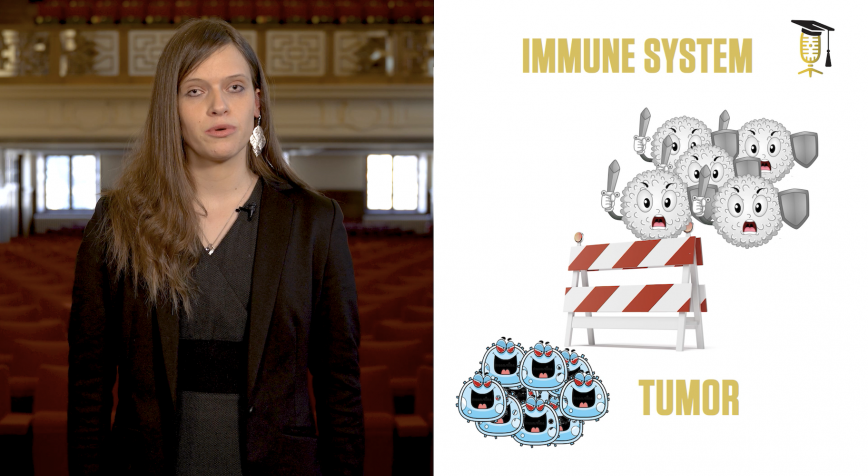
KU Leuven
Making immunotherapy stand up against colon cancer
Did you know that colon cancer is the third most deadly cancer worldwide? Unfortunately, while immunotherapy is quite effective in the treatment of many cancers, such as skin cancer, it only works in 5% of colon cancer patients. Sara Verbandt (KU Leuven) explains how she wants to make immunotherapy stand up against colon cancer.
